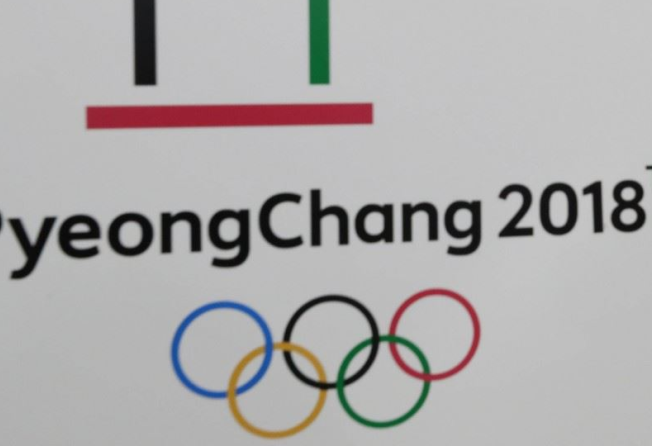Reason behind the capitalised ‘C’ in PyeongChang
It’s to prevent any more mix-ups like the one which sent a Kenyan representative to the United Nations to North Korea

By Kim Hyun-bin
The name PyeongChang has been inscribed on billboards, vehicles and sweatshirts all over the country to promote the ongoing 2018 PyeongChang Winter Olympics.
Even though the capital C in PyeongChang is part of the county’s official name, many foreign publications have not followed that rule. The unusual capitalisation is not there because of history or for better marketing appeal.
The C is used to help prevent visitors from mixing up the city with Pyongyang - the world’s most secluded capital.
PyeongChang is spelled and sounds similar to Pyongyang, causing a lot of negative media attention.
The Gangwon Province county is less than 80 kilometres from the demilitarised zone, which is the most heavily fortified border in the world that separates the two Koreas.
The confusion became a reality in 2014, when Daniel Olomae Ole Sapit of Kenya thought he boarded a plane to PyeongChang to attend a United Nations meeting, but accidentally travelled to Pyongyang instead.
Only after the plane taxied did the man realise he was in another city. He was expecting to see one of the finest airports in the world, Incheon International Airport, but outside his window stood a tiny one.
“By the time we were getting off the plane, I had an eerie feeling that this was not Seoul,” he said, according to NBC.
He was returned to Kenya after reportedly paying a US$500 fine and signing a document that stated he would never return to North Korea without a proper visa.
The PyeongChang Organising Committee said the altered spelling was introduced in 2007 during the city’s second bid to host the Winter Olympics to help differentiate the two cities.
The two syllables are divided by the capital C, called a “camel case.” The name also saw previous modification in 2000, when South Korea’s romanisation system changed, adding a lower-case e to the first syllable.
South Korea has planned to host the Winter Games since 2011, and has invested heavily in promoting the event and building state-of-the-art infrastructure to host it.
Around US$13 billion has been spent on building massive stadiums, highways and other necessary infrastructure to accommodate the Games.
The main stadium has been newly built for an estimated US$109 million, but will only be used during the Olympics.
Afterwards, it is scheduled to be torn down, as the province believes there is no probable use for the facility after the Winter Games.